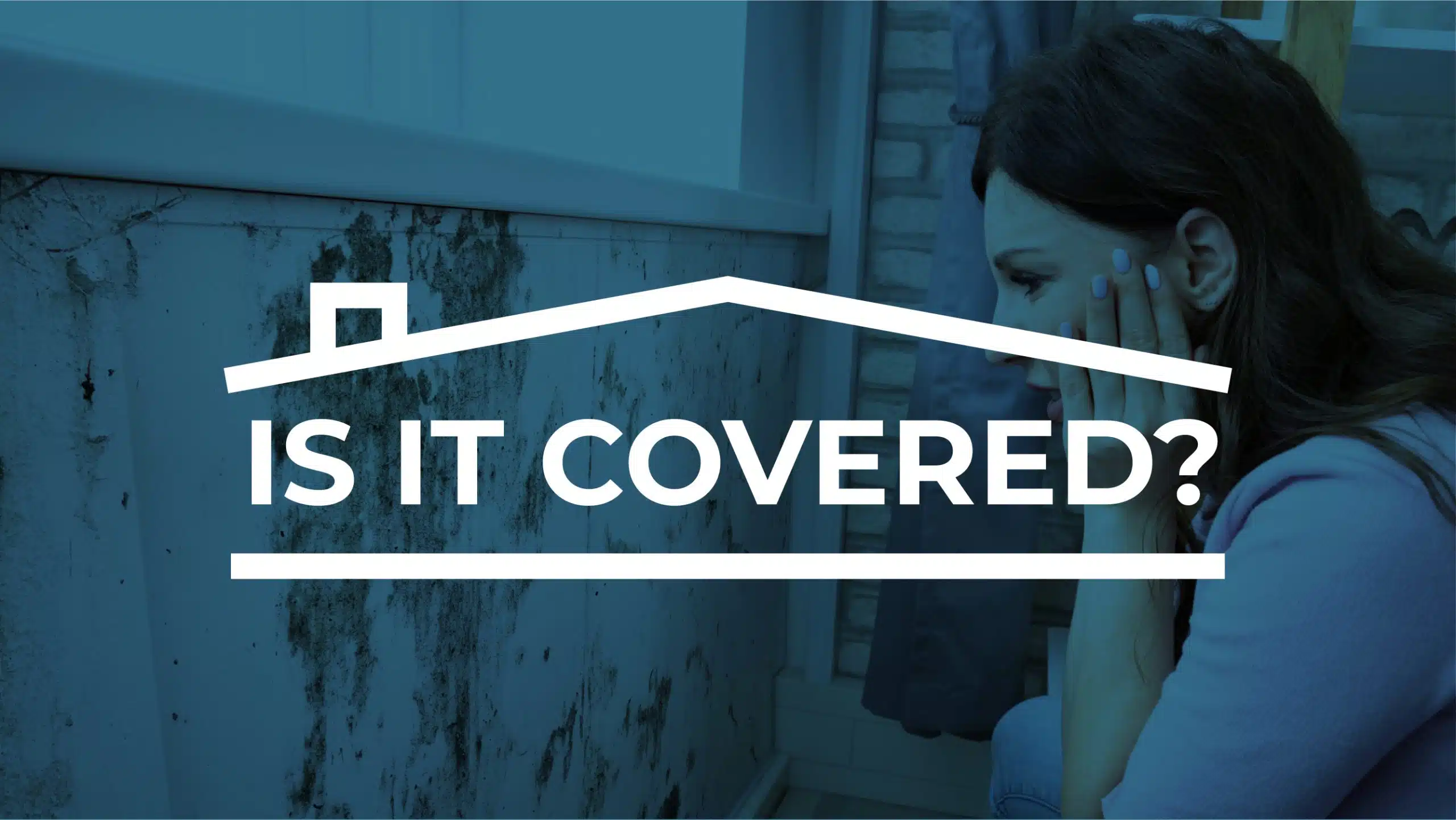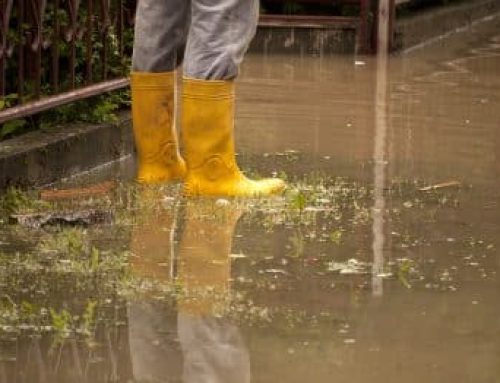Insurance coverage for Mold, Mildew, and Fungus is usually either completely excluded or may be very limited depending upon the policy. Many people assume that they will have at least some coverage for Mold when it is more often the case that Mold, Mildew, fungi, and their bi-products are excluded. As policies vary, some may only mention “mold” while others may include terms like “organic pathogens”, “mycotoxins,” or may reference the type of fungi by their scientific name such as Penicillium. Some may also include wet & dry rot and bacteria in their exclusions while others may not even mention mold specifically. As some courts treat mold as a “pollutant”, mold may be excluded if a policy has an “absolute pollution exclusion.” Because of these variations, it is important to become familiar with how your policy treats mold and other pathogens.
Welcome to our “Is It Covered?” series. For a fuller introduction of the series, read HERE. We hope these quick reads will help you increase your understanding of your insurance coverage, clear up confusion and help you avoid preventable losses! Please bear in mind that insurance policies may vary, so always check your own policy for language specific to your covered property. If you have coverage questions, don’t hesitate to call your agent who will be happy to assist you!
What Type of Damage is Excluded?
Typically, both damages to the property itself and any bodily injuries caused by the presence of Mold, Mildew, or Fungus are excluded. With the presence of mold, you will need to address any damage done to sheetrock, insulation and possibly framing. Along with this damage, your tenants’ health could be affected by the presence of mold (usually respiratory issues/allergies) and therefore there may be doctor bills from treatment or the costs of relocating your tenants.
Do Any Federal or State Environmental Laws Require a Building to be Mold-Free?
No. However, state laws often require landlords to provide habitable housing to tenants. If a landlord does not remediate a mold problem after written notice from his/her tenant, that tenant may have a legal mold claim against the landlord for compromising his health and damaging his personal possessions.
What Does the Technical Lingo for This Exclusion Look Like in My Policy?
Sample policy language may look like this:
“Microorganism Exclusion (Absolute)…this Policy does not insure any loss, damage, claim, cost, expense or other sum directly or indirectly arising out of or relating to:
Mold, mildew, fungus, spores or other microorganism of any type, nature, or description including but not limited to any substance whose presence poses an actual or potential threat to human health…”
*As insurance policies may vary, please check your own policy for language specific to your covered property.
What Can This Type of Damage Cost Me?
A variety of expenses can build up when a person becomes ill from a potential case of toxic mold. Exposure to mold can lead to symptoms ranging from allergic reactions, to intestinal damage, to ruptured blood vessels in the lungs, and in extreme cases, they may even increase susceptibility to cancer. Mold cases can be complicated and expensive cases to try and often the remediation costs are high as well. Not to mention the time in which a property may go vacant because it is uninhabitable for renters. Lost time, cash flow issues and repair expenses can all come into play when you are dealing with mold, mildew, and fungus.
What Can I Do to Protect Myself from Mold, Mildew, and Fungus?
Controlling moisture is the key to stopping mold growth. Here are some tips that can help reduce moisture, humidity, and condensation on your property. If your property just flooded, you can also read “Reduce Your Risk of Mold after a Flood.”
For You, the Property Owner or Manager:
- Clean and repair gutters regularly
- Make sure water runs away from your foundation to help prevent a moldy basement or crawlspace
- Maintain and clean AC and HVAC systems on a regular basis
- Keep indoor humidity low – ideally, 40-50% relative humidity which can be measured with a moisture or humidity meter available at your local hardware store
- Vent appliances that produce moisture (clothes dryers, stoves, bathroom fans) to the outside
- Install dehumidifiers where needed, and put them to use especially during more humid months
- Add mold inhibitors to paints before application
- Do not carpet bathrooms and basements
- Fix any leaks promptly
Tips for Your Tenants:
- Be sure tenants have an emergency number to call if they discover a water leak
- Inform tenants about mold-producing conditions such as steamy showers
- Run the bathroom fan at least one hour after every bath or shower and their kitchen fan while cooking
- Open the windows on nice days to ventilate the house or apartment
- Keep beds, couches, and chairs away from walls
- Do not over-pack storage areas such as closets, cabinets, or the attic
- Give them the EPA’s “Brief Guide to Mold, Moisture, and Your Home” – a quick read that will help them with the basics of mold prevention. (Download it for free at http://www.epa.gov/mold/pdfs/moldguide.pdf.)
Can I Test for Mold?
Yes, you can! My Mold Detective is one of several at-home mold testing kits that delivers professional results for a reasonable cost.
Note: This piece is not to be construed as contractual. Applicable policy language supersedes it. Information contained in this excerpt is intended to provide a brief overview of the coverages provided for reference purposes only. It is not intended to provide all policy exclusions, limitations, and conditions.






